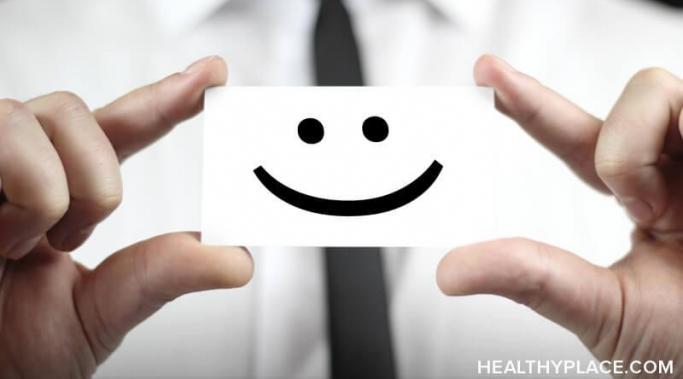I've often felt left out of life. In fact, I often say I'm an alien. It's not because I'm green or have bug eyes; it's because my experience of life is so radically different from that of your average person. I'm obviously not the only one. People with serious mental illness (or other chronic illnesses) often feel left out of life. I'm going to take a look at why this is and how we can feel more included.
Being Crazy
Once a person has experience with a person with bipolar disorder, they may assume that they will always have a similar experience with others who have bipolar disorder. In other words, a person may paint everyone with bipolar disorder with the same brush. If the first person with bipolar disorder they have experience with is very intelligent or creative — they may think all people with bipolar are. On the other hand, if their experience with a person with bipolar disorder was very negative, they may assume that all their future experiences will go the same way. Generalizations of any group don't help us, however.
I often hide depression with a smile, even when I'm actually extremely depressed. This is a characteristic of "high-functioning" bipolar or depression. In other words, I'm carrying on with life and maybe even look okay, but really, I am drying inside. I've had practice looking mentally well when being really sick for years. I'm awfully good at it. But while this allows me to move through the world more successfully than some, there are also problems when you hide depression despite being very ill.
Some people with bipolar seem like they're so angry. Sometimes, I'm one of those people. I don't take this feeling out on other people, but that doesn't mean I don't feel the anger intensely. Let's discuss why bipolar makes me so angry.
Rumination can be part of depression, and it's critical to understand and recognize depressed ruminations because they can just be the start of a horrible cycle. I have experienced ruminations in depression many times, but now I recognize them and know what to do to mitigate them.
Somewhere along the way, the political correctness (PC) police decided that we were no longer allowed to say that we "suffer" from bipolar disorder. Now, we have to say that we "live with" or "experience" bipolar disorder. If you know me, you can probably guess how I feel about that. I feel it's ridiculous. It puts unnecessary rules on language, which, as a writer, I despise, but perhaps more importantly, it genuinely denies people's legitimate experience of a serious mental illness. I suffer from bipolar disorder, and I think it's okay to say it.
Dating with an invisible illness has its pitfalls. When do you tell someone about your illness? When do you explain the impacts your illness has on your life? How do you try to make an invisible illness visible to the person you're dating? My own forays into the dating pool have been making me think about just these questions.
I've been flitting in and out of a bipolar mixed mood for a while now, which leaves me trying to find the cause of my bipolar mixed mood. This is no mean feat. So many things can impact a bipolar mood state that narrowing it down to a single mixed mood cause is pretty tricky.
The word "neurodivergent" is flung around social media and is now very politically correct. For example, it's supposedly okay to call a person "neurodivergent," whereas calling them "mentally ill" will get you social media-canceled. But if people insist on using the term neurodivergent, then let's at least know what it means and how to use it properly.
In our society, people are shamed for not having a positive outlook. In fact, I just read a comment on LinkedIn that said, "Maintaining a positive outlook, ALWAYS, is so very important. Always look for that silver lining. Trust me, in the end, everything is exactly where it should be." And that sums up how many people feel about a positive outlook: it's critical, and something's wrong with you and your line of thinking if you don't have a positive outlook.









